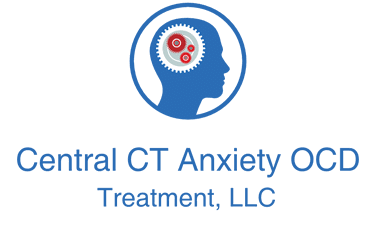
Contamination OCD sufferers constantly fear being contaminated with an illness, usually, a terminal illness like AIDS or cancer. They fear that the objects and people who touch them are contaminated by germs and that once exposed, they will also become contaminated. Opening a door or touching a handrail can induce anxiety for people who suffer from contamination OCD.
Contamination OCD is the most common OCD subset in the world, with estimates of 25 percent of all OCD patients suffering from it. It can lead to obsessive hand washing, extreme protective measures like wearing a mask or gloves when in public, and in some cases complete isolation and avoidance of people and places that feel threatening.
People who suffer from Contamination OCD have a general feeling of disgust and anxiety when they are in public situations. While it’s relatively normal to want to wash your hands before eating or after touching a dirty surface, Contamination OCD sufferers feel compelled to wash their hands after touching anything. They might want to change clothes throughout the day to get rid of the germs that may have landed on them over the past few hours. If the clothes are thought to be too contaminated, they might throw them away.
Many sufferers develop a decontamination ritual that might involve excessive hand washing, taking multiple, long showers, and/or throwing away contaminated objects. These rituals can result in physical pain, with many sufferers enduring raw, chapped hands as a result of excessive hand washing. Some patients find that they can never feel clean enough and might even resort to more extreme measures, like pouring bleach or another disinfectant directly on their skin.
Even though it’s common, Contamination OCD is not untreatable. Therapy that’s focused on Contamination OCD can help you regain control and lead a fuller, non-debilitating life.
